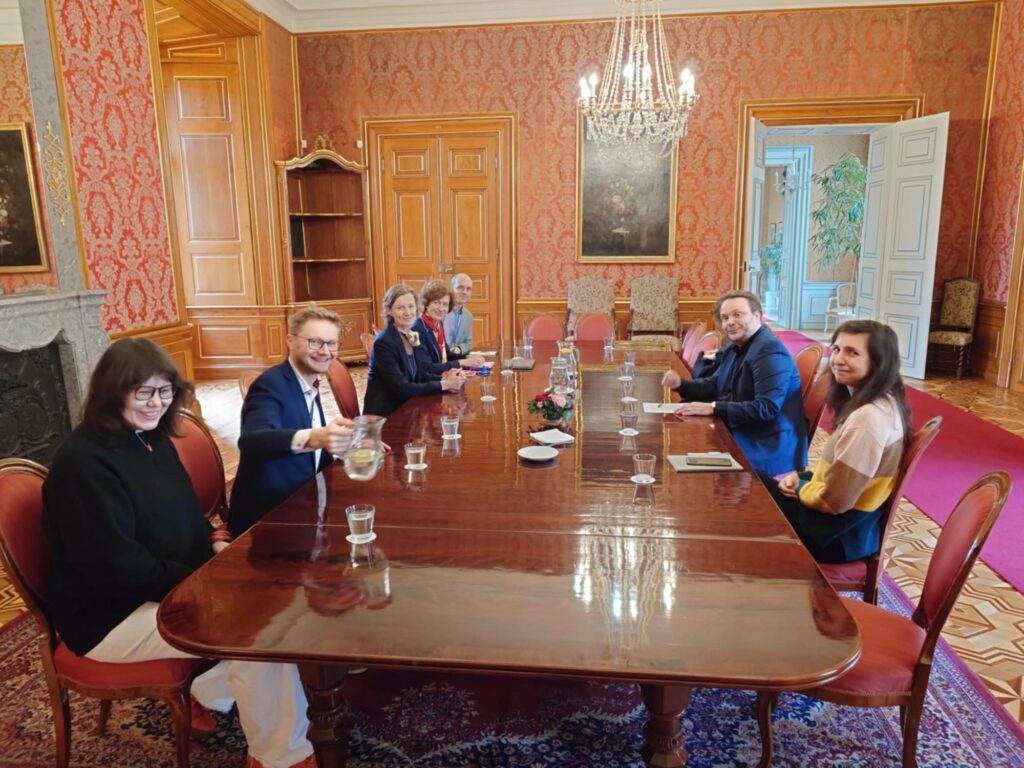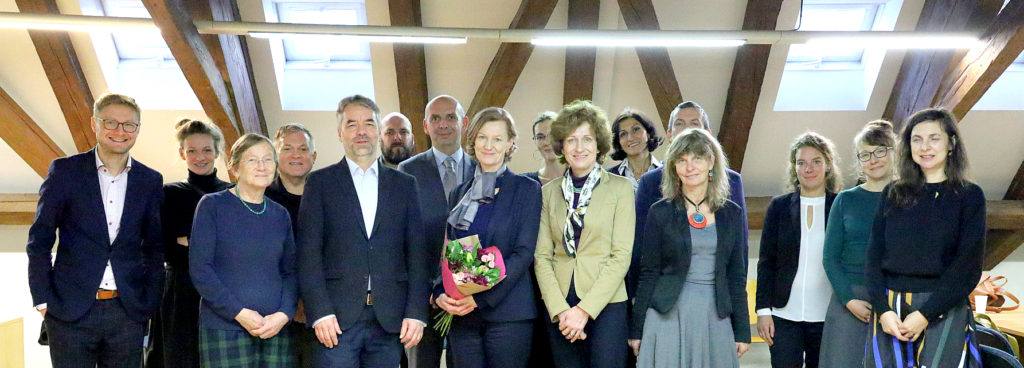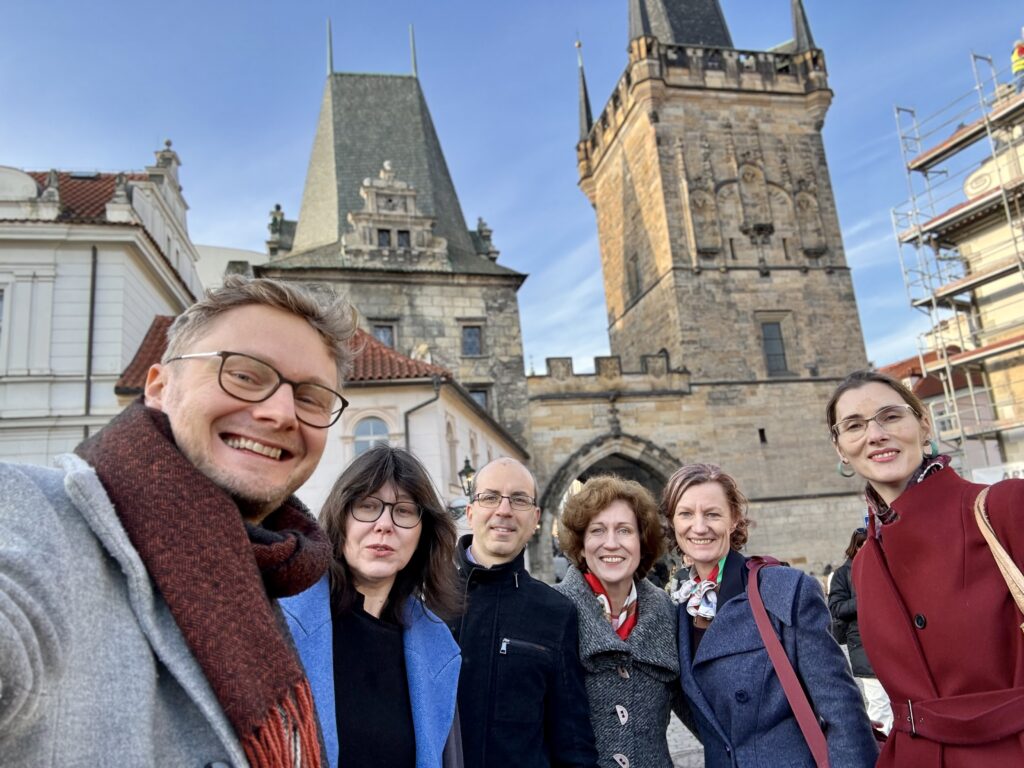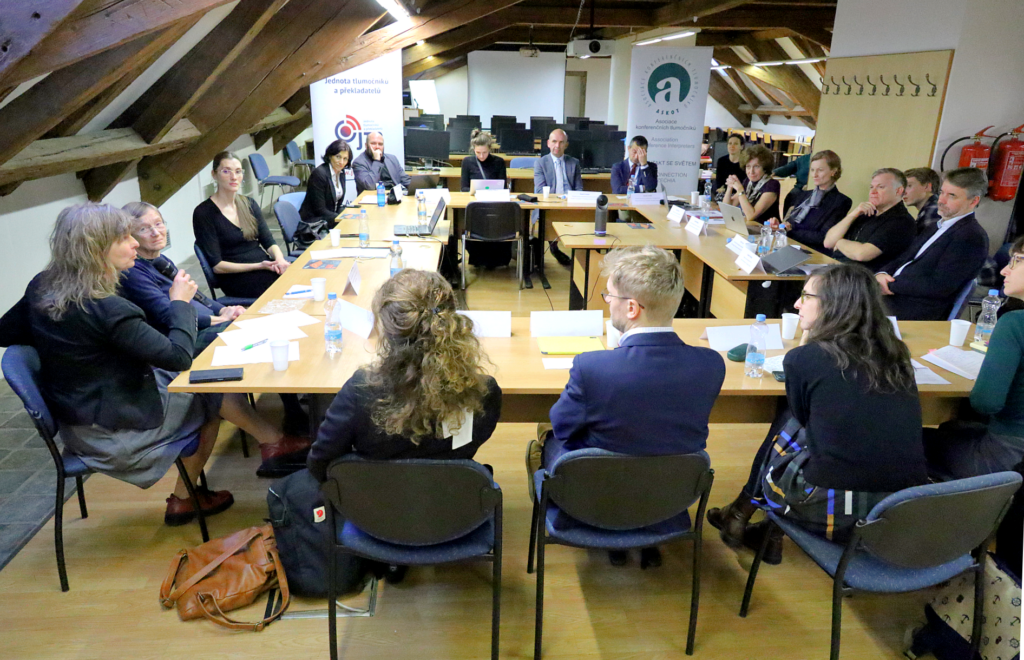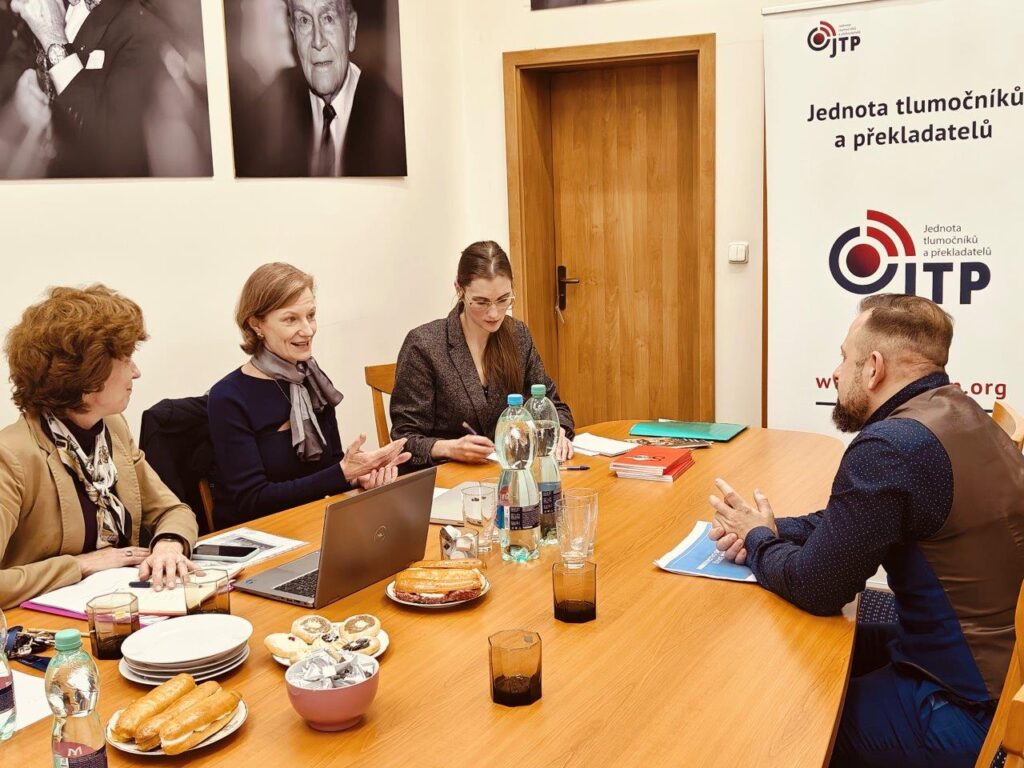The Union of Translators and Interpreters of the Czech Republic (JTP) alerted FIT to the Czech government’s proposal to replace human interpreters with unsupervised AI machine interpreting in immigration and legal settings. Concerned that this could set a precedent for other governments to prioritise perceived cost savings over best practices and service quality, the FIT AI Ethics Working Group prepared the FIT Position Paper on the Use of AI in Interpreting. While we recognise the evolving priorities governments face in a changing world, FIT firmly believes that all AI use must be supervised by qualified professionals.
To promote ethical and responsible AI use, as outlined in the position paper, I wrote to the Czech Minister of the Interior emphasising that AI is a tool best utilised by trained language professionals. Undermining their role could discourage students from pursuing language studies, ultimately reducing the availability of skilled, qualified professionals in the future.
JTP subsequently invited me to meet with the Office of the Government. Unfortunately, Jakub Kajzler, Chief Advisor to the Prime Minister, was unable to attend our scheduled meeting to discuss AI’s implications for interpreting and translation, and society at large. Fortunately, we were able to meet with Radomír Čujan, Director of the Department of Court Interpreters and Translators at the Ministry of Justice, to examine the current challenges facing the sector. We were also pleased to meet Ondřej Chrást, Deputy Minister of the Ministry of Culture, to address copyright issues for audiovisual translators, the impact of AI on the cultural sector, and the Ministry’s ongoing support for translation, interpreting, and terminology. Our delegation included the audiovisual section of JTP, the Czech Literary Translators’ Guild, and the Czech Translators of the North, who specialise in Nordic languages. It was encouraging to see national leaders value creativity, and we sincerely thank the Deputy Minister for making time to discuss these critical issues that ultimately affect us all.
JTP also organised a roundtable at the Institute of Translation Studies, Charles University, with representatives from Czech professional organisations to recap critical challenges and share ideas. Special thanks to professors Tomáš Svoboda, Tomáš Dubeda, and Ivana Čeňková for their warm welcome at the Institute, a tour of their exhibition on Czech translation scholar Jiří Levý and the Institute’s beautiful historic building. Many thanks to JTP President, Edita Jirakova, for organising the visit.
I also had the privilege of speaking with students at the University of Ljubljana, thanks to Council member Viktorija Osolnik Kunc (SCIT), and meeting the Dean of the Faculty of Arts. Interacting with students always fills me with hope for the future of our profession. We also met with various media outlets to highlight the importance of human translation and interpreting, as well as the potential risks associated with the unsupervised use of AI.
I hope these meetings and events will raise visibility and awareness about the importance of language skills and language professionals in society. They also aim to highlight the risks of unsupervised AI in translation and interpreting and the need for human oversight on quality to maintain safety and professional standards.
Alison Rodriguez, FIT President
